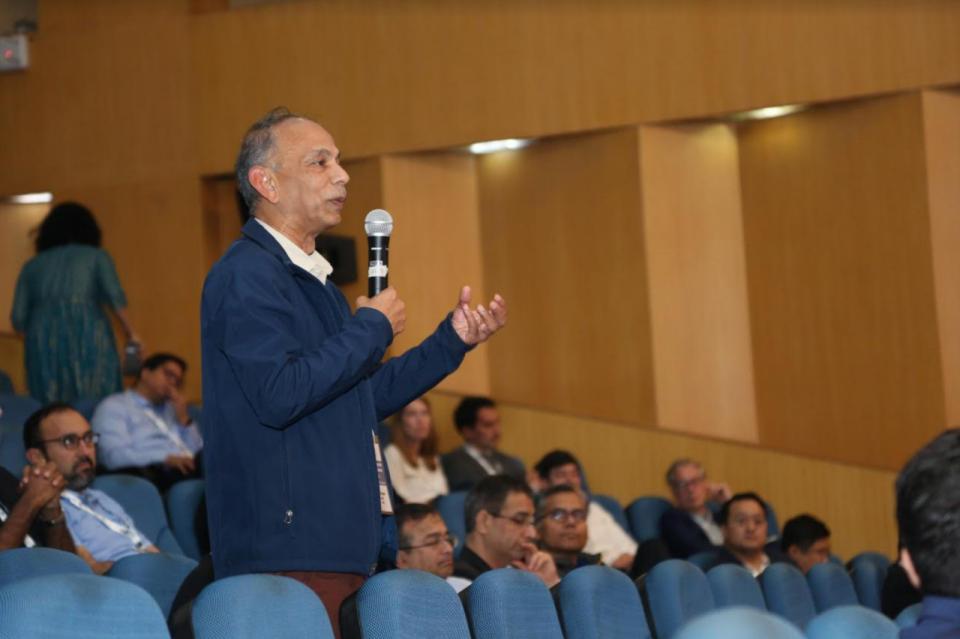An Inside Look at WISE 2023
WISE 2023 emerged as an exceptional and transformative experience, addressing some of the most vital and impactful challenges that we will face in the next 10 years.
Around two weeks ago, I returned from a hectic yet highly rewarding, short and intense trip to Hyderabad, India, where I attended the 2023 WISE (Workshop on Information Systems and Economics). I was deeply engaged – presenting one paper (on Exploitative Platform Design), serving as a discussant on another (on Explainable AI), and having a co-author present our work on Platform Competition. However, this workshop also came with some extra responsibility because I co-chaired it with an amazing team led by Ravi Bapna (University of Minnesota), Yan Huang (Carnegie Mellon University), Sunil Mithas (University of South Florida), Shachar Reichman (Tel Aviv University), Sarah Rice (Texas A&M University), plus our incredibly hard-working group of faculty from the Indian School of Business (Vandith Pamuru, Rajib Saha, and Vasundhara Sharma).

Despite some initial logistical and planning challenges, WISE 2023 emerged as an exceptional and transformative experience, addressing some of the most vital and impactful challenges that we will face in the next 10 years, and with the usual caliber and quality associated with WISE presentations. These challenges – the future of work, misinformation and content on traditional and social media, issues of technology regulation and governance, the proliferation of machine learning, and the impact of Generative AI and Large Language Models (on labor markets, trust, applicability in various tasks, decision-making, software development) – involve current and emerging information technologies. For example, social media platforms have failed to strike a good balance between content moderation and freedom of speech. Machine learning, for all its capabilities, is bedeviled with inherent biases in training data and a lack of explanations for results. The WISE community is very well-positioned intellectually to address these topics, identify limitations, and propose solutions.
We also had a marvelous high-powered panel on "Digital Transformation, Entrepreneurship, and Policy in the age of AI," which pulled insights from leaders in academia, industry, and government, including CMU Heinz Dean Ramayya Krishnan (who also serves on the National AI advisory committee to the President and the White House), Neeraj Mittal (Secretary in India's Ministry of Telecommunications), Rajiv Kumar (heads Microsoft's India Development Center), Pradeep Gupta (entrepreneur and Chairman, Cyber Media Group), and Manish Gupta (Director, Google Research India). This was topped off with a keynote address by Pramod Varma who served as Chief Architect of some of the world-leading technology innovations produced in India: UPI, Aadhaar, and India Stack. All in all, an intellectually fulfilling and vibrant event that offered more than one could digest over 3 days!